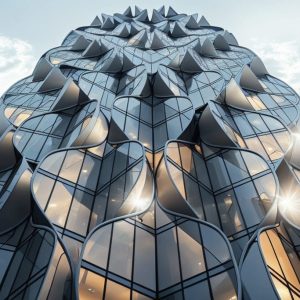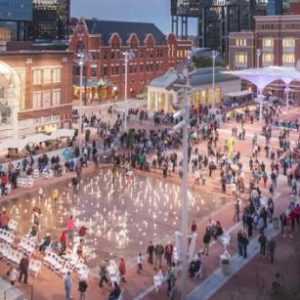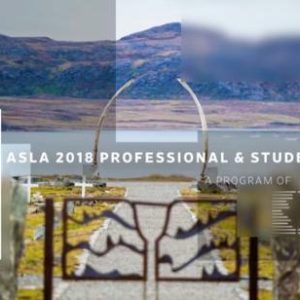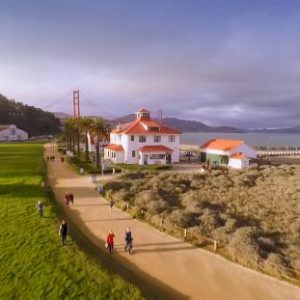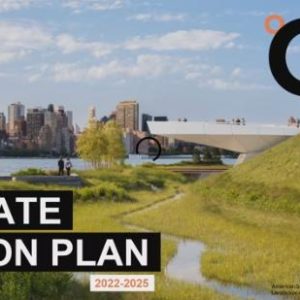Kongjian Yu, “The Art of Survival: Recovering Landscape Architecture” / Tái tạo cảnh quan
Kongjian Yu President, Turenscape; Dean and Professor, Graduate School of Landscape Architecture, Peking University, Beijing, China “The Art of Survival: Recovering Landscape Architecture” Lecture description: Time Magazine called Kongjian Yu as “The Force of Nature,” and Yu defined landscape architecture as the art of survival. In this lecture, Dr. Yu uses multiple projects to demonstrate landscape architecture as a powerful tool to achieve sustainability and green urbanism, and define a new and poetic vernacular landscape in contemporary China, while addressing issues of survival, such as flood control, food production, ecological recovery. Brief bio: Kongjian Yu received his Doctor of Design Degree at The Harvard Graduate School of Design in 1995. He is the founder and dean of the Graduate School of Landscape Architecture at Peking University, and the founder and president of Turenscape, which is an internationally awarded firm with more than 300 professionals and is one of the first and largest private landscape architecture and architecture firms in China. Dr. Yu is a five-time winner of ASLA Honor Awards (The American Society of Landscape Architects) in the past five years for his ecologically and culturally sensitive projects, two-time winner of the Architectural Review Award (Commended, Architectural Review, UK). Dr. Yu is the winner of the National Gold Medal of Fine Arts (2004, China). In 2004, Dr. Yu was awarded the Oversea Chinese Pioneer Achievement Medal by the Chinese central government for his overall contribution to the nation. Dr. Yu was the keynote speaker for the 40th and 43rd IFLA World Congress, and the 2006 ASLA annual conference. In October, he will also keynote at the 2008 ASLA annual conference. Dr. Yu publishes widely, including more than 200 papers and 15 books. His current book is: The Art Of Survival: Recovering Landscape Architecture. His major research interests include: the theory and method of landscape architecture and urban planning; the cultural aspect of the landscape; landscape security patterns and ecological infrastructure.





